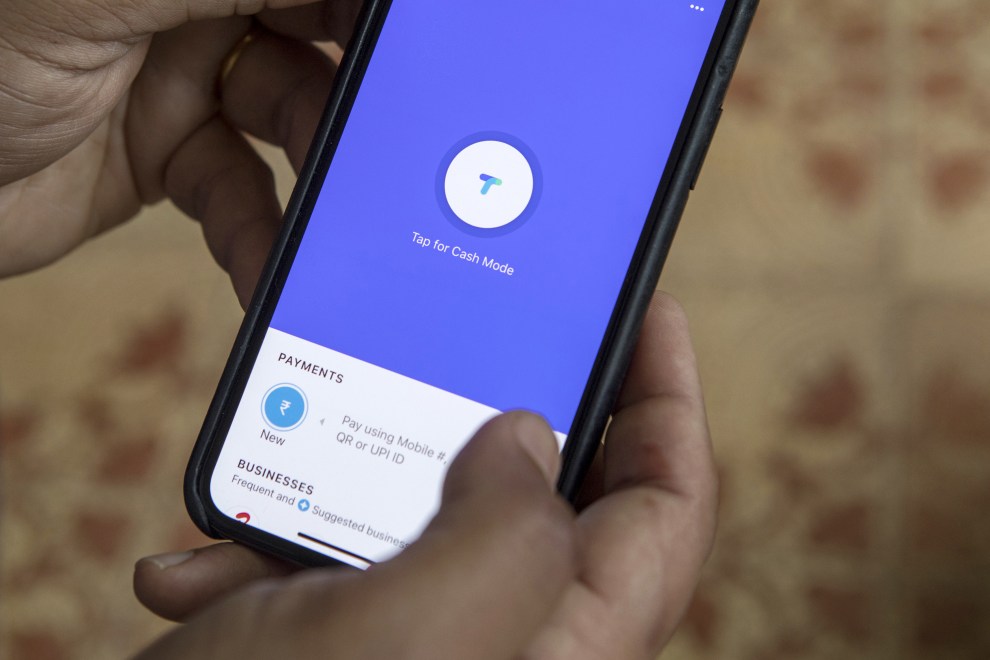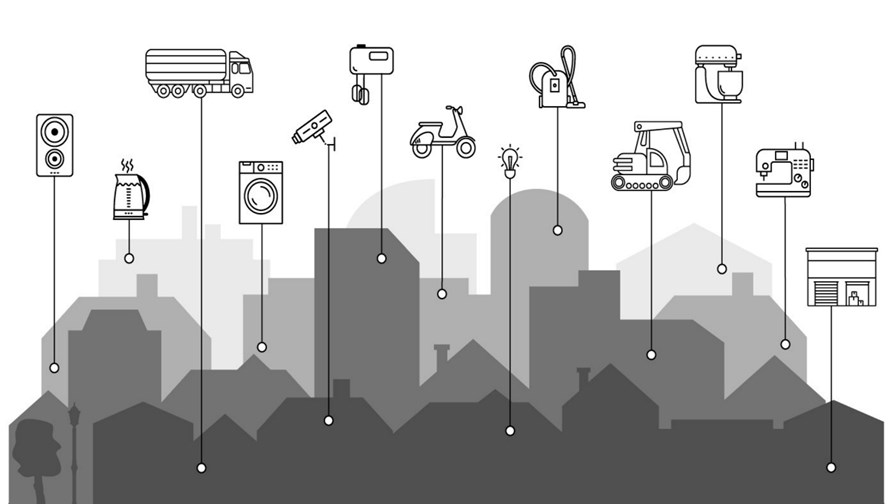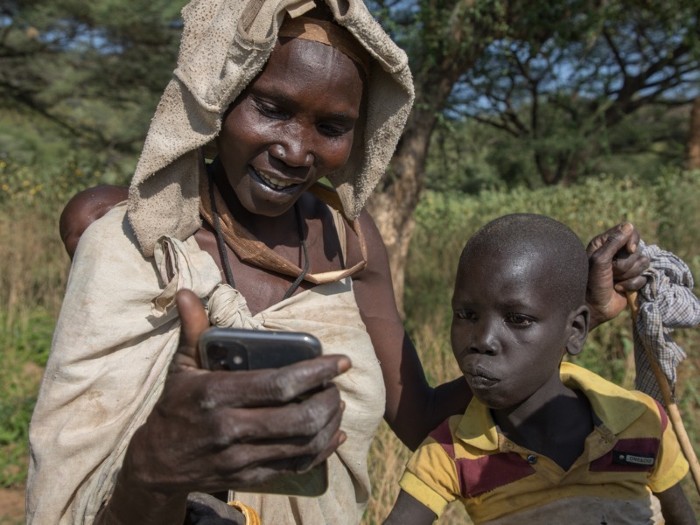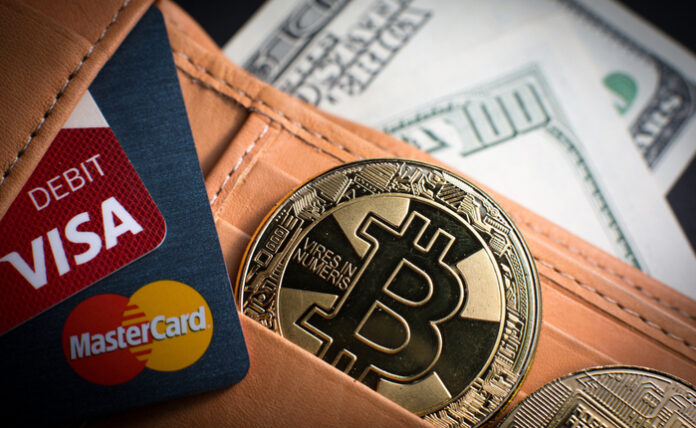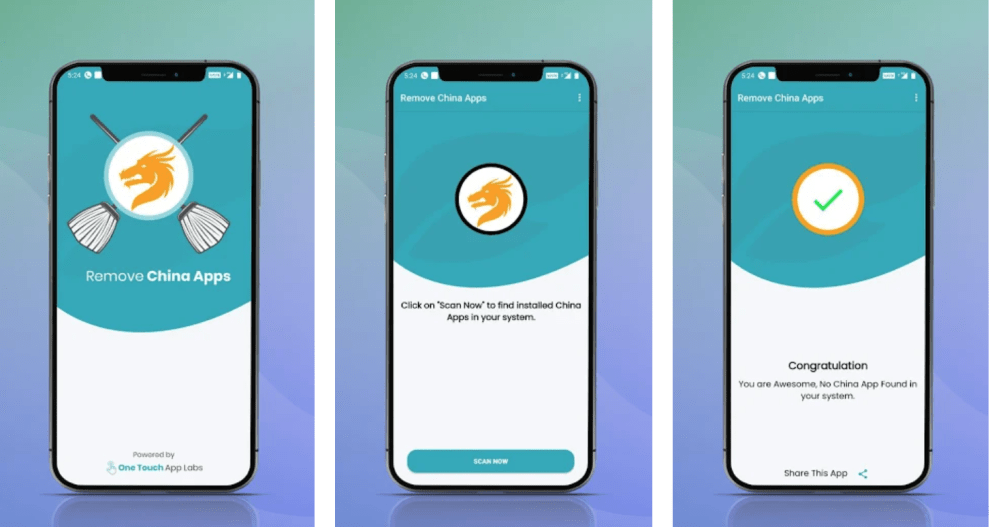Find out the week’s top mobile stories from around the world.
This week.. Coronavirus contact tracing apps face consistency challenges, how mobile phone markets are defying predictions of doom, Signal app downloads spike as US protesters seek message encryption and much more…

Coronavirus contact tracing apps face consistency challenges
Venture Beat
The promise of contact-tracing apps is that — anonymously and with high privacy and security — they’ll track everyone we’ve been in contact with and alert us if we’ve been close to someone who’s tested positive for COVID-19. But as these apps begin to emerge, some weaknesses are becoming apparent. Already, North Dakota’s contact tracing app was reported to have been sharing data with Foursquare and Google. And a flaw in Qatar’s contact tracing app may have exposed hundreds of thousands of people’s data.
Read more…
How mobile phone markets are defying predictions of doom
Verdict
Much has been said about the impact of Covid-19 lockdowns on smartphone supply chains, sales and revenues. But have the doomsday predictions for the mobile market come true? First-quarter 2020 results seem to show that the smartphone industry has kept the calamitous prognoses at bay so far. When Covid-19 forced companies to shut factories and retail stores, and lockdowns muffled consumer demand, crashing smartphone sales and losses were expected. But the doomsday predictions have been stonewalled to a large extent with mixed results across the industry, and Covid-19 is not the only reason for slowing growth and sales for some OEMs.
Read more…
Signal app downloads spike as US protesters seek message encryption
Quartz
In the past week, US protesters have staged large-scale demonstrations against racism and police brutality across all 50 states. Over the same period, daily US downloads of the encrypted messaging app Signal have tripled, according to data from the mobile app analytics firm SensorTower. The spike in downloads coincides with calls from Twitter users and privacy-focused organizations like the Electronic Frontier Foundation, urging American protesters to communicate with each other with encrypted apps like Signal. Encryption jumbles the content of a message while it’s being transmitted from the sender to the recipient, allowing users to chat with less risk that their conversation will be intercepted and monitored by a third party.
Read more…
Google and Walmart establish dominance in India’s mobile payments market as WhatsApp Pay struggles to launch
TechCrunch
In India, it’s Google and Walmart-owned PhonePe that are racing neck-and-neck to be the top player in the mobile payments market, while Facebook remains mired in a regulatory maze for WhatsApp Pay’s rollout.
Google Pay had more than 75 million transacting users last month, ahead of PhonePe’s 60 million users, people familiar with the companies’ figures told TechCrunch. In comparison, SoftBank -backed Paytm’s app saw 30 million transacting users last month and an average of 10 million users transacted each day, people familiar with the matter said. Paytm has refuted these figures. TechCrunch could not determine daily transacting users of Google Pay and PhonePe.
Read more…
What’s happening to the IoT in the midst of the pandemic?
Telecom TV
Add the IoT to the list of Covid-19 victims, at least in the short term. ABI Research, says manufacturing shut-downs, supply chain difficulties will mostly be to blame for an estimated 18% slow-down in the net additions of IoT devices in 2020. For the longer term though there are several current issues and trends which should raise a cheer or two down at the IoT enthusiasts club.
IoT is primarily put to work automatically sensing conditions at near or remote locations – is a window locked? Hiow much moisture is in the soil on a distant field? Many of these sensing functions not only keep managers supplied with actionable information, but can remove the need to send someone into danger with a clipboard to gather it manually. That’s another reason why it should be highly valued when we prepare for the next pandemic.
Read more…
Mobile phones dial up empowerment for women
Nature
Possession of a mobile phone has been linked to greater gender equality and improved maternal health, especially in lower-income nations.
Valentina Rotondi at the University of Oxford, UK, and her colleagues compared the prevalence of mobile-phone subscriptions in 209 countries with data on measures of women’s health and freedom from 1993 to 2017. The team found that countries with more mobile phones per capita have less gender inequality and lower maternal and child mortality. These correlations hold even when controlling for developmental indicators, such as gross domestic product.
Read more…
Cash, Cryptocurrency, and the COVID-19: Changing the Way We Pay
Warrior Trading News
According to the United Nations, by early April some 190,000,000 jobs were lost worldwide in the wake of the global pandemic. Here in the US, the virus has forced the closure of businesses in every category, from iconic restaurants to Apple stores.
Restaurants, bars, fitness clubs, and other businesses where people congregate in close proximity to one another have been particularly hard-hit. But as businesses begin to reopen, some experts are noting that lack of social distance isn’t the only risk factor that needs to be addressed for businesses to operate safely.
Read more…
A service that detects ‘China apps’ goes viral in India
TechCrunch
The app’s name says it all: Remove China Apps. Developed by a self-proclaimed “Indian startup” named OneTouch AppLabs, Remove China Apps crossed 1 million downloads within 10 days of launch in May. Its overnight success came amid rising China-Indian tensions over the countries’ disputed border in the Himalayas. Update (June 3, 2020): The app has been removed from Google Play. Data analytics company Sensor Tower estimates that it had been installed approximately 5 million times prior to removal and had ranked at No. 1 in India’s Android store for two days.
Read more…
Zynga acquires mobile gaming company Peak for $1.8 billion
VentureBeat
Zynga will purchase Istanbul-based game developer Peak for $1.8 billion, marking the largest acquisition in Zynga’s history. Zynga officials said the deal would be financed by $900 million in cash and $900 million in stock. Zynga had already bought Peak’s casual card game studio in 2017 for $100 million.
The new deal is the latest sign of Zynga’s resurgence. After several shaky years following its 2011 IPO, the company has reversed its fortunes, thanks to a combination of in-house game development and strategic acquisitions.




